For horse owners, the nutrition horses receive directly impacts their health, performance, and well-being. One fundamental aspect of ensuring optimal equine health is through proper feeding practices, particularly in selecting high-quality hay. While appearance, smell, and texture provide some insight into hay quality, they don't reveal the complete nutritional content. This is why conducting a feed test is critical. Here's a comprehensive look at why horse owners should prioritize hay analysis before making a purchase.
1. Nutritional Accuracy
Hay varies significantly in its nutritional content, which can be influenced by the type of grass, the soil it was grown in, the weather conditions during the growing and harvesting periods, and the time of harvest. A feed test, often referred to as a forage analysis, provides a detailed breakdown of the nutrients in hay, including protein content, fiber, energy levels, and mineral content. This data is crucial because horses have specific dietary needs that change with age, workload, and health status.
2. Detecting Potentially Harmful Substances
Feed tests are not only about nutrition but also safety. Some hays can contain noxious weeds, mold, or high levels of undesirable compounds like nitrates, which can be toxic to horses. A laboratory analysis helps identify these hazards before they can pose a risk to the horse's health.
3. Cost-Effectiveness
Knowing the exact nutritional value of hay can lead to more cost-effective feeding strategies. If the hay is nutrient-rich, less supplemental feed may be needed, saving money over time. Conversely, if key nutrients are lacking, a feed test will reveal this, allowing horse owners to supplement appropriately rather than overfeeding or underfeeding.
4. Customizing Diets
Each horse is unique, and what works for one might not suit another. For example, horses with specific health issues such as laminitis or insulin resistance may require hay with lower sugar and starch content. Feed testing allows for precise customization of diet plans to meet each horse's specific nutritional needs, promoting better overall health and performance.
5. Consistency in Feeding
Hay batches can differ significantly, even within the same field or season. Regular testing of each new batch helps ensure consistency in what the horses are being fed. This consistency is vital for maintaining stable digestive processes and overall health.
6. Legal and Compliance Reasons
In some regions, there are regulations regarding feed quality, especially if horses are part of a commercial operation, such as breeding or training facilities. Feed testing ensures compliance with local agricultural and animal health standards, helping avoid legal issues related to animal nutrition.
7. Enhancing Performance
For performance horses, every aspect of care is optimized for the best outcomes, and diet is no exception. Precise knowledge of the nutrient content of their hay can directly influence their energy levels, stamina, and recovery. Feed testing ensures that the diet supports rather than hinders their performance.
8. Long-Term Health Benefits
Proper nutrition significantly impacts long-term health. Horses fed with well-balanced, nutritionally appropriate diets are likely to have fewer health problems and longer, more productive lives. Regular feed testing can help prevent diseases related to nutritional deficiencies or imbalances.
Conclusion
Feed testing is an indispensable tool for horse owners. It provides essential insights into the nutritional value of hay, ensuring that dietary selections are based on solid data rather than guesswork. While the upfront cost of testing may seem like an extra expense, the long-term benefits of feeding the right type of hay—enhanced health, performance, and potentially lower veterinary bills—far outweigh these initial costs. Therefore, investing in regular forage analysis is a wise decision for any conscientious horse owner aiming for optimal care of their animals.
#QuarterHorse #Thoroughred #Arabian #Standardbred #ShetlandPony #TennesseeWalker #Morgan #PainHorse #Appaloosa #Hanoverian
